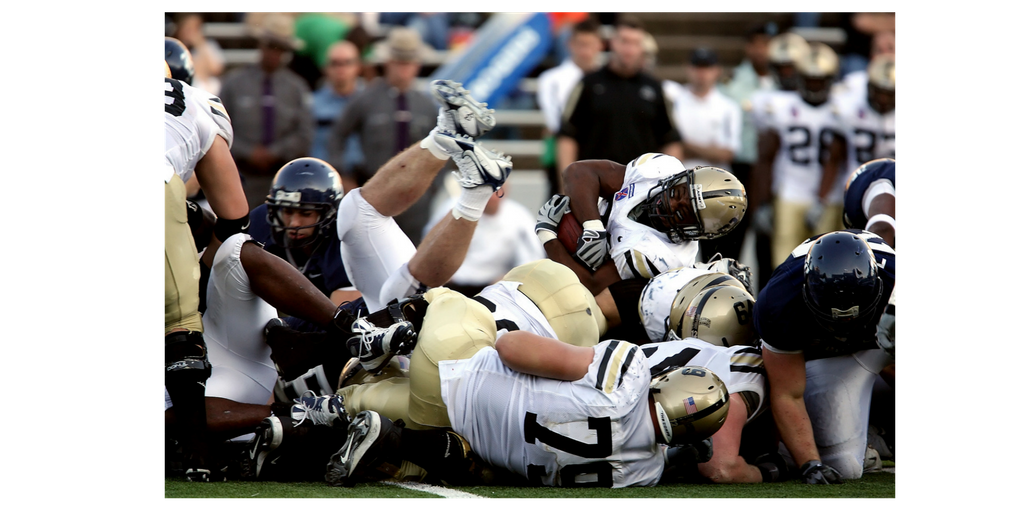Phineas Gage sounds like he could be a lineman for the New York Jets. Adrian Raine sounds more like a running back for the Minnesota Vikings. Neither are NFL players but they both are going to have some serious influence on the future of the NFL. When most of the talk this week has been about knees during the anthem, the fact is that brains are much more of problem for the NFL, potentially threatening the current system of play.
Phineas Gage was a railroad construction foreman in the mid-nineteenth century who ended up with a lump of metal through his forehead as a result of an accident. Although he survived for twelve years, Phineas completely changed his personality, becoming violent and emotionally out of control. He has become the poster child for how brain injury can lead to personality change and specifically violent and anti-social behavior.
Adrian Raine is the Professor of Criminology & Psychiatry in the Department of Criminology of the School of Arts and Sciences and in the Department of Psychiatry School of Medicine at the University of Pennsylvania. He is also a leader in the field of neurocriminology, the link between brain function and criminal behavior. One of Dr. Raine’s most established, and accepted, notions is that frontal lobe damage is common amongst offenders. The frontal lobe is the seat of reason as well as planning. When the frontal lobe becomes dysfunctional, violence and impulsive behavior often follow. These structural brain changes are clearly detectable.
Last week, Aaron Hernandez, the disgraced murderer who used to play for the New England Patriots and who hanged himself recently, was found to be suffering from the brain damage at the center of the concussion debate, Chronic Traumatic Encephalopathy (CTE). Some of the symptoms of CTE include impulsiveness, poor judgment, depression and suicide.
Perhaps Hernandez was a psychopath from the beginning but more likely his brain damage almost certainly occurred from playing football. And that brain damage surely played a role in his violent and impulsive off the field activities.
So, here’s the point. Roger Goodell, the NFL commissioner, might well stand up and say that anti-social behavior has no place in the NFL, but the problem is that the game itself is likely contributing to the very behavior the commissioner abhors.
This goes way beyond concussion protocols. There is no question that any activity that risks serious head injury and concussions isn’t just about early dementia, depression and cognitive decline, it’s also about the very real risk of personality changes, impulsive, anti-social behavior and violent crime.
It has been convenient to this point to perceive that those NFL players associated with criminal acts simply represent a personality type who would be drawn into a violent sport like football. However, a more compelling argument is that their anti-social behavior is a result of, or a substantial function of, head injuries incurred when playing football.

